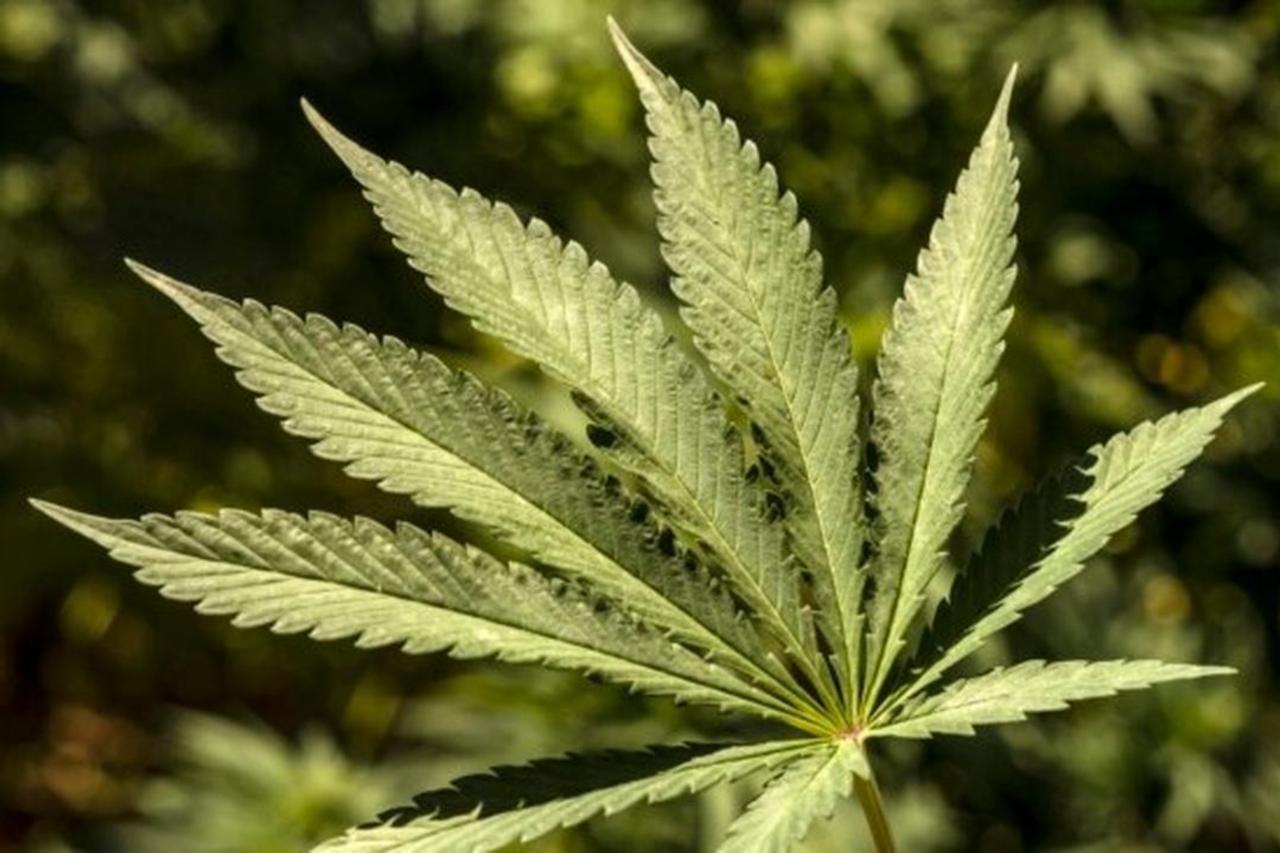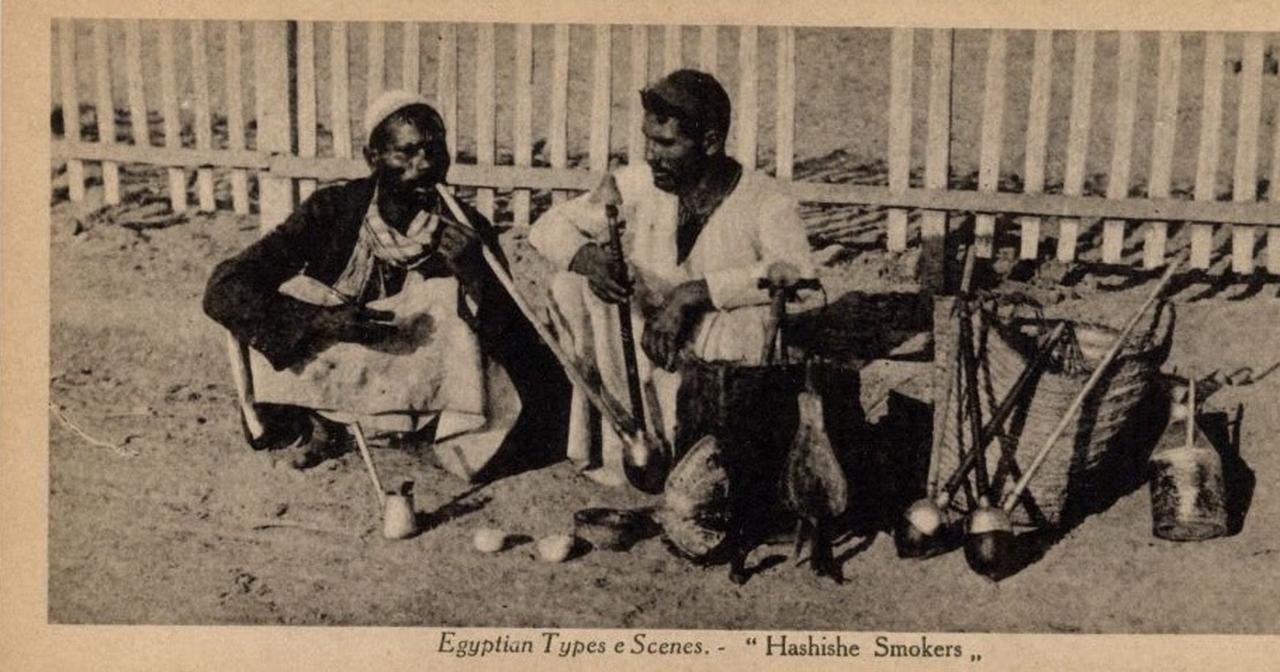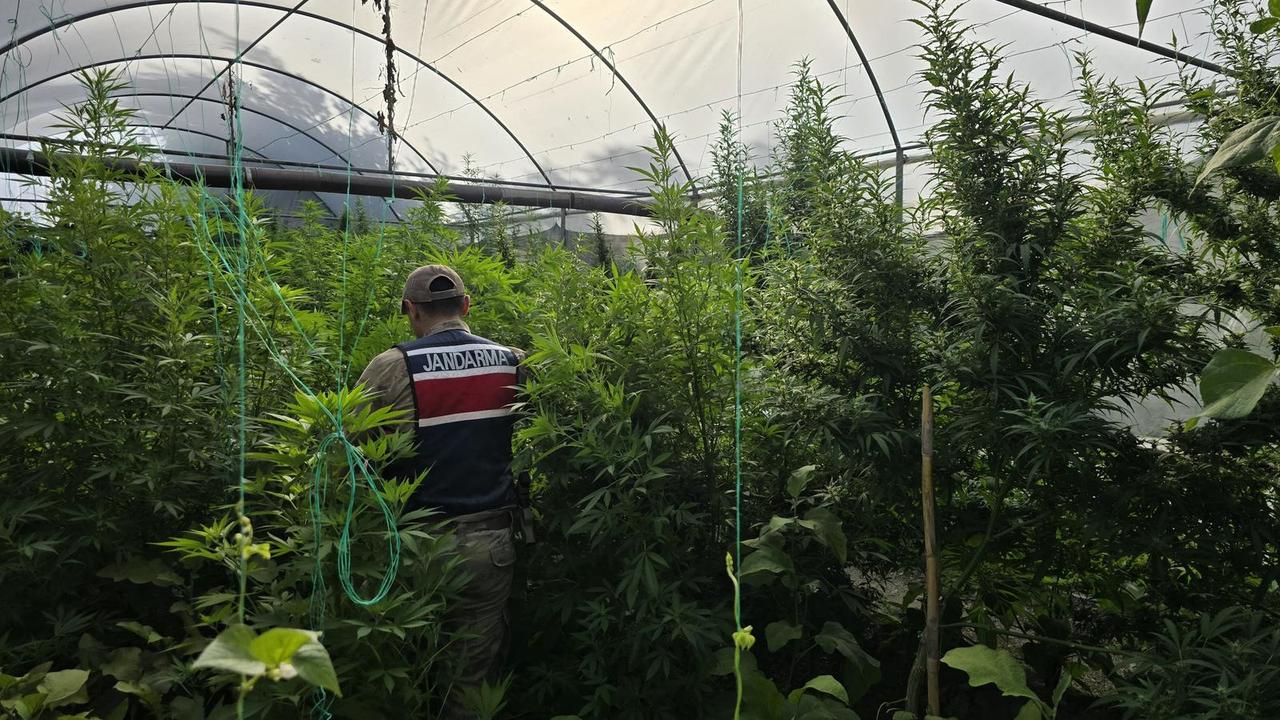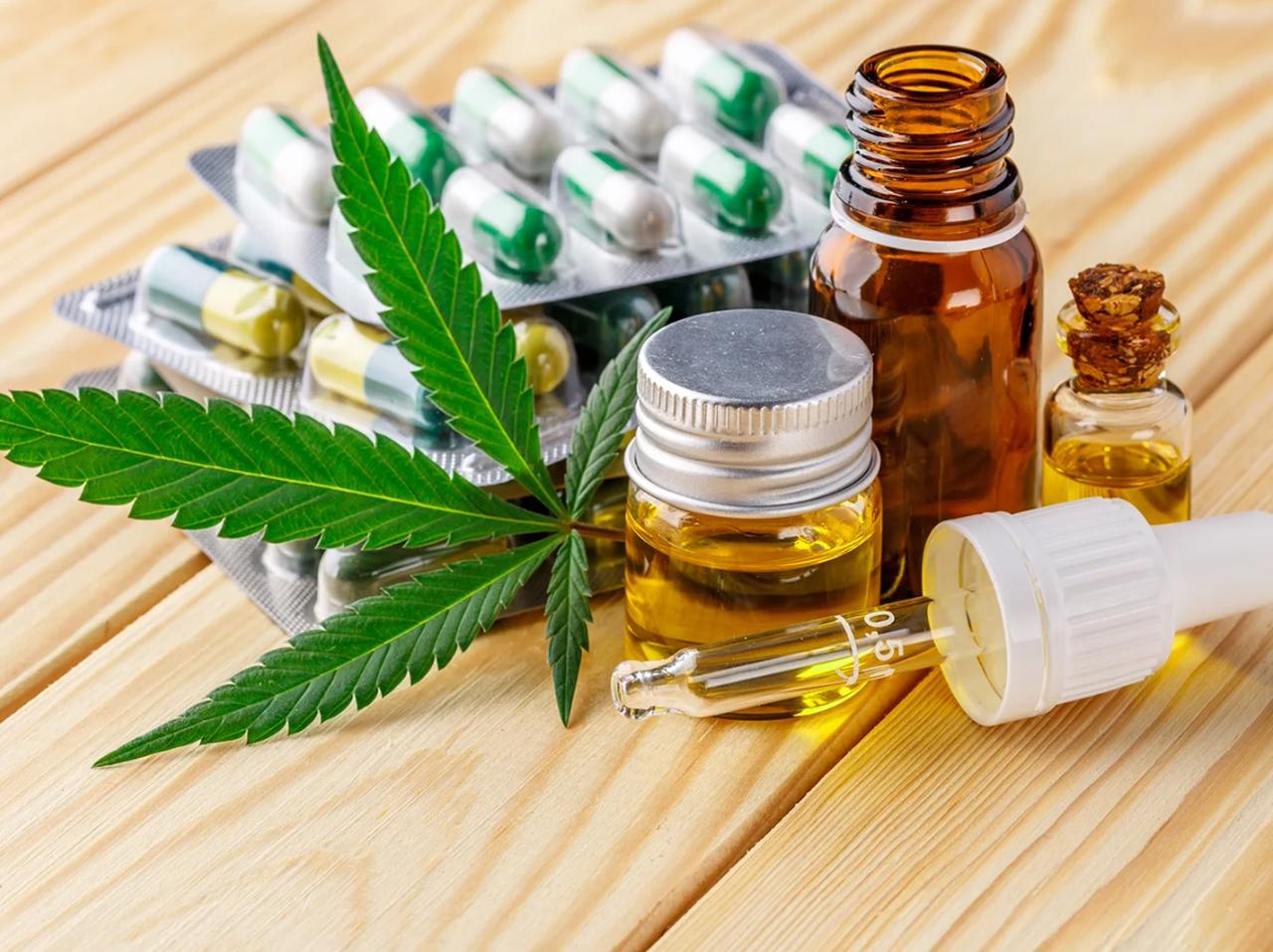
Türkiye's relationship with cannabis spans a millennia, from its use in traditional Ottoman medicine to today's controversial enforcement operations and emerging medical legalization efforts. As the country grapples with modern drug policy, recent incidents involving massive cannabis burns in eastern provinces have highlighted the urgent need for comprehensive reform.
Cannabis cultivation in the region that encompasses modern-day Türkiye dates back thousands of years. Archaeological evidence suggests that hemp fibers were used for textiles and rope-making across Anatolia as early as the Bronze Age. The plant's medicinal properties were well-documented in traditional Turkish and Ottoman medical texts, where it was prescribed for various ailments including pain relief and digestive disorders.

During the Ottoman Empire, cannabis was integrated into both folk medicine and formal medical practice. Ottoman physicians, influenced by both Islamic medical traditions and Byzantine knowledge, documented cannabis preparations for treating conditions ranging from epilepsy to chronic pain. Hemp cultivation was also economically significant, with Turkish hemp products traded throughout the Mediterranean and European markets.
The Ottoman approach to cannabis was largely pragmatic, focusing on its utility rather than its psychoactive properties. Historical records indicate that while recreational use existed, it was not heavily regulated compared to alcohol, which faced stricter religious restrictions.

The establishment of the Turkish Republic in 1923 marked a shift toward modernization and alignment with Western legal frameworks. As part of broader efforts to modernize Turkish society, the new republic began adopting international drug control conventions.
Türkiye became a signatory to early international drug control treaties in the 1930s, including the 1925 International Opium Convention. However, enforcement of cannabis prohibition remained inconsistent throughout the early republican period, with traditional hemp cultivation continuing in rural areas.
The 1940s and 1950s saw increased pressure from international partners, particularly the United States, to strengthen drug enforcement. This period marked the beginning of more systematic efforts to eliminate cannabis cultivation, though implementation varied significantly across Türkiye's diverse geographic regions.
Türkiye's Cold War Era enforcement of cannabis
During the Cold War, Türkiye's strategic importance as a NATO ally intensified international cooperation on drug enforcement. The 1960s brought more comprehensive anti-narcotics legislation, establishing the legal framework that continues to influence Turkish drug policy today.
This era saw the consolidation of Türkiye's zero-tolerance approach to psychoactive substances, including THC-containing cannabis products. The legislation made no distinction between medical and recreational use, treating all cannabis possession and cultivation as criminal offenses.
Hemp cultivation for industrial purposes faced increasing restrictions during this period, despite its historical economic importance in certain regions. Traditional farming communities, particularly in eastern provinces, found themselves caught between centuries-old agricultural practices and new legal requirements.

Today's Turkish cannabis laws reflect the country's strict approach to drug control, with significant implications for both THC and CBD products. The legal landscape remains complex and often confusing for consumers and businesses alike.
THC regulations
Türkiye maintains a zero-tolerance policy toward THC, the psychoactive compound in cannabis. Any product containing detectable levels of THC is classified as a controlled substance under Turkish law. Possession, cultivation, or distribution of THC-containing products can result in serious criminal penalties, including imprisonment.
This strict approach extends to hemp products that might contain trace amounts of THC. Unlike many countries that allow hemp products with THC levels below 0.3%, Türkiye regulations do not provide such allowances.
CBD's legal gray area in Türkiye
Cannabidiol (CBD) occupies a complex legal position in Türkiye. While not explicitly illegal, CBD products exist in a regulatory gray area that creates uncertainty for consumers and businesses.
Currently, only specific medical CBD products like Sativex are available through red prescriptions issued by authorized physicians for particular medical conditions. These products must be imported and are subject to strict medical oversight.
Hemp oil derived from seeds is legally available for sale, as it contains minimal CBD and no THC. However, broader CBD possession could potentially lead to legal complications, particularly if products contain any THC traces.
The ambiguous legal status of CBD has created challenges for Turkish consumers seeking alternative treatments for conditions like epilepsy, chronic pain, and anxiety disorders.
Recent events in eastern Türkiye have brought national attention to the complexities of cannabis enforcement. The region's geography and climate make it suitable for cannabis cultivation, leading to ongoing conflicts between law enforcement and illegal farming operations.

Involuntary public high in Lice
The most dramatic example of enforcement challenges occurred in April 2025 in the eastern town of Lice, Diyarbakir province. Authorities burned 20 tons of confiscated cannabis worth approximately $261 million, but the resulting smoke cloud inadvertently affected the entire population of 25,000 residents.
The massive disposal operation sent thick cannabis smoke billowing across the town for days, causing widespread health issues among residents including dizziness, nausea, and hallucinations. The incident highlighted significant problems with current drug disposal methods.
"Just as tobacco smoke harms passive smokers in enclosed spaces, the smoke from burning these narcotics can cause serious discomfort, intoxication, dizziness, nausea, and hallucinations," explained Yahya Oger, President of the Green Star Association, which focuses on addiction prevention.
Residents reported being unable to open windows for days due to the pervasive drug smell, with children requiring hospital treatment for smoke-related health issues. The incident sparked criticism of authorities' unprofessional disposal methods and calls for safer alternatives.

Despite strict enforcement of prohibition, Türkiye is now considering significant cannabis policy reforms. The ruling AK Party's recent submission of medical cannabis legislation to parliament represents a potential turning point in the country's approach to cannabis regulation.
The proposed legislation would create the first legal pathway for cannabis-derived medical products in modern Turkish history. Under the bill, medical cannabis products would be sold exclusively through pharmacies under government oversight, with electronic tracking systems ensuring supply chain integrity.
This reform effort reflects growing global recognition of cannabis's medical benefits and Türkiye's desire to develop domestic pharmaceutical capabilities. The legislation aims to meet domestic demand for cannabis-based medicines while maintaining strict control mechanisms.
Türkiye's evolving cannabis policy faces several challenges as the country attempts to balance medical access with drug control objectives. The eastern provinces' enforcement experiences demonstrate the practical difficulties of maintaining prohibition while considering medical legalization.
The proposed medical cannabis framework must address questions about cultivation licensing, patient access, and international trade compliance. Success will likely depend on creating clear distinctions between medical and recreational use while maintaining effective oversight mechanisms.
The country's experience may serve as a model for other nations seeking to reform cannabis policies while maintaining strict drug control frameworks. The outcome of current legislative efforts will significantly impact Türkiye's future approach to cannabis regulation and its role in the global medical cannabis market.